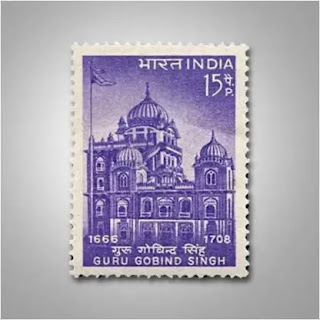Vaikunta Ekadashi is a Hindu festival celebrated in honor of Lord Vishnu, one of the principal deities in Hinduism. The festival falls on the eleventh day (Ekadashi) of the waxing moon in the Hindu calendar month of Margashirsha, which usually occurs in December or January of the Gregorian calendar. In year 2023 it is on 23 December.
Vaikunta Ekadashi holds special significance in the Vaishnavism tradition, and it is believed that on this day, the gates of Vaikunta, the celestial abode of Lord Vishnu, are opened. Devotees believe that observing fast and participating in prayers and rituals on this day will help cleanse them of sins and grant them entry into Vaikunta.
The day is marked by special ceremonies and rituals conducted in Vishnu temples. Devotees engage in singing devotional songs, listening to religious discourses, and performing acts of charity. Many people observe a fast on Vaikunta Ekadashi and break it on the following day, known as Dwadashi.
Temples dedicated to Lord Vishnu, especially those with a shrine dedicated to Vaikunta, witness a significant influx of devotees on this auspicious day. The festival is celebrated with great devotion and enthusiasm in various parts of India. The belief in the significance of Vaikunta Ekadashi is deeply rooted in Hindu mythology and is observed with varying traditions and customs in different regions.









